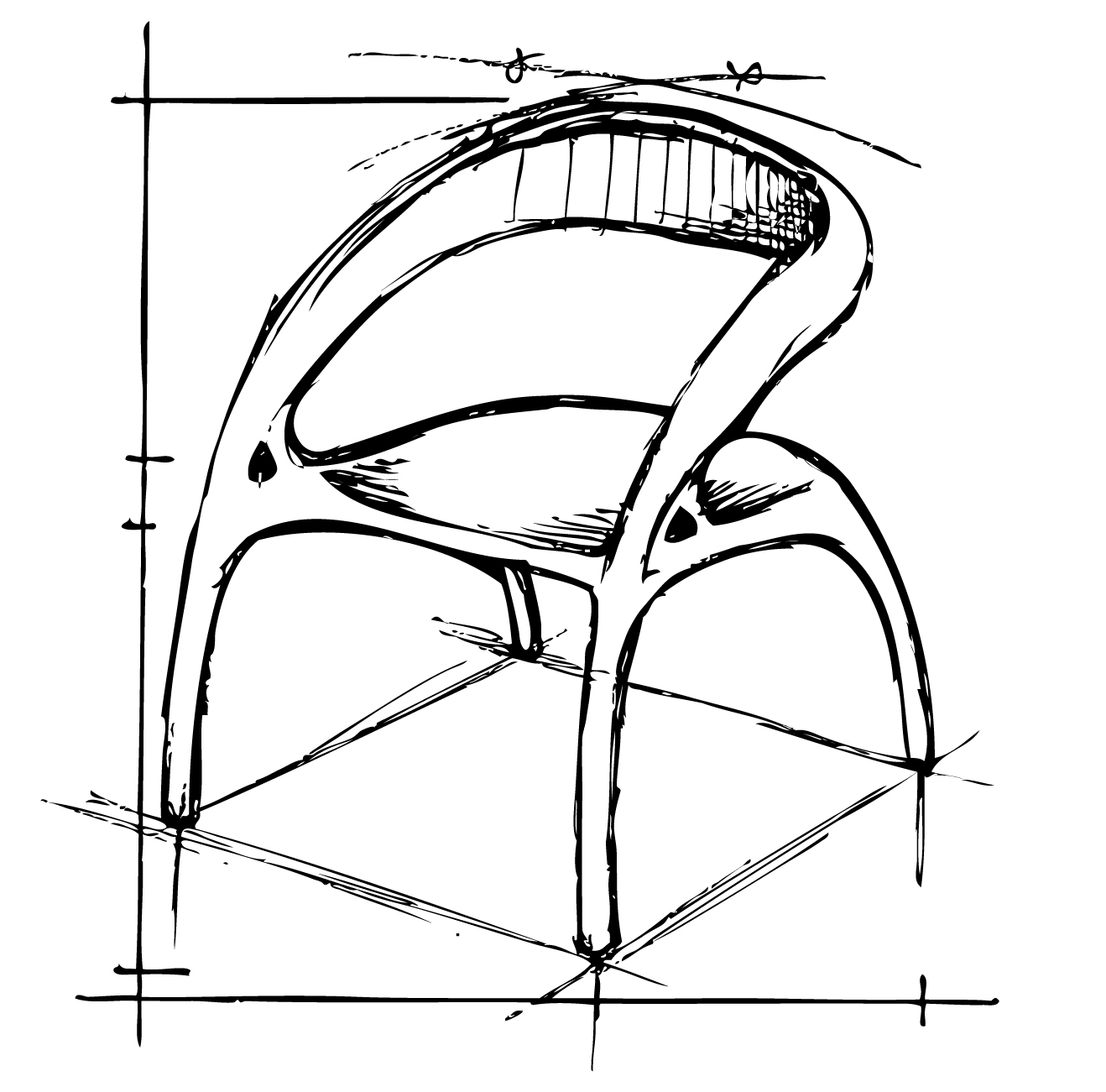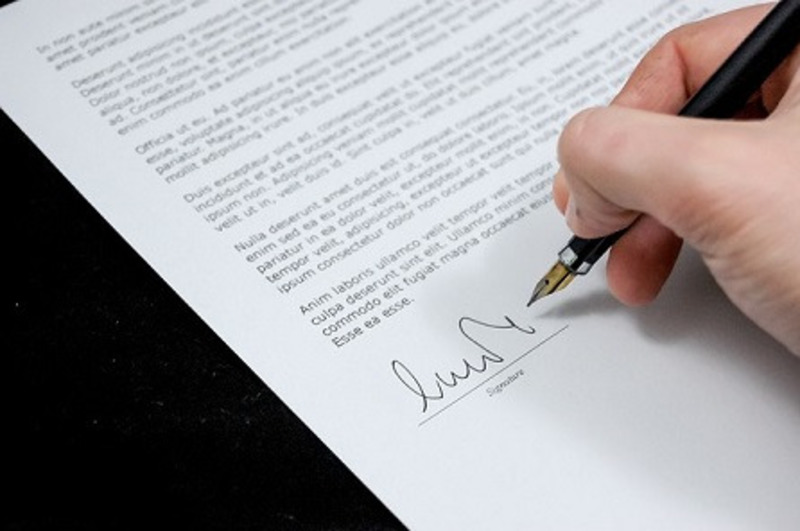
EU Trademark Owners: Recent Rule Changes at the EUIPO Impact Appeals and Inter Partes Proceedings
Many of our clients interact regularly with the European Union Intellectual Property Office (EUIPO), the EU agency responsible for registering trademark and community design rights in force across 27 EU member states. SHIP Global IP has recently learned that the EUIPO is making substantive changes to the rules of procedure surrounding appeals of agency decisions to the Boards of Appeal. Companies with EU intellectual property rights should stay aware of how these changes could impact their IP filing activities.
According to the EUIPO’s press release, the goal of recent proposed revisions to the Boards of Appeal rules of procedure are to streamline the rules and improve consistency in the rule language. Many of the proposed revisions are purely grammatical in nature to promote rule clarity. The agency has implemented a yearly review cycle to develop further amendments to the rules with input from agency stakeholders.
While many of the proposed amendments to the rules of procedure for the Boards of Appeal are purely formalistic, a few sections of the rules contain substantive changes that will likely impact companies obtaining IP rights at the EUIPO. These changes begin in Article 3, which governs the calculation and extension of time limits for proceedings at the Boards of Appeal. While certain time limits mandated by EU trademark and community design regulations cannot be changed, there are instances where the EUIPO can adjust time limits in certain proceedings.
In ex parte appeals of EUIPO decisions, and inter partes cancellation and opposition proceedings, changes to Article 3 underscore the importance of filing a reasoned request for an extension of time limits. Under the proposed revisions, the Registrar deciding a request for time extension may simply reject the request if reasoning or evidence provided in support of the request is found to be insufficient. Previously, supporting reasoning and evidence was only required for extension requests made under exceptional circumstances. As always, a request for extension made outside of the normal time limits shall likewise be rejected by the Registrar.
Requests for suspensions in proceedings before the Boards of Appeal are another important consideration for brands operating in the EU. Legal frameworks governing suspensions in appeal proceedings took on a new focus during the COVID-19 pandemic, when IP filing offices across the world were forced to navigate government shutdown orders. Suspensions of appeal proceedings can be an important tool for companies that are pursuing parallel legal actions in court systems elsewhere.
Article 44 of the revised rules of procedure sets a new maximum time period for requests to suspend proceedings before the Boards of Appeal. While suspensions in both inter partes and ex parte proceedings can only be granted for periods of six months, those proceedings can be suspended for up to two years. Previously, Article 44 had not contained a maximum time limit, as any request for suspension in excess of six months would be submitted to the Chairperson of the Boards of Appeal for decision. Proposed Article 44 also contains new language authorizing automatic suspensions upon the submission of a joint request for mediation.
The large number of intellectual property disputes crowding dockets in court systems and filing offices all over the globe has increased the popularity of mediation and other forms of alternative dispute resolution. The EUIPO’s Alternative Dispute Resolution Service (ADRS) provides mediation, conciliation and expert determination programs to bring disputes to a final disposition outside of the Boards of Appeal.
Heavy revisions to Article 33 of the rules of procedure highlight the growing importance of conciliation, which resembles mediation except that instead of an unbiased mediator, the proceedings are managed by a conciliator who may advise either party in the proceeding. Conciliations through the ADRS are handled by the Rapporteur of the EUIPO’s Grand Board, who may suggest conciliation to parties before the Boards of Appeal under the amended rules. Parties must respond to such suggestions within one month under the proposed rule revisions, which also clarify that participation in conciliation shall be treated as a suspension to proceedings. By contrast, the proposed rules have greatly streamlined the language in Article 34 governing requests for mediation.
Maintaining a portfolio of EU trademark rights can be difficult due to the overlapping court and agency systems currently providing the governing framework for EU marks. Staying on top of changes to appeals and other proceedings at IP filing agencies in the EU gives IP management and legal teams the best chance possible to secure and maintain valuable trademark rights. We can answer your IP management needs on a timeline that works for your company.












